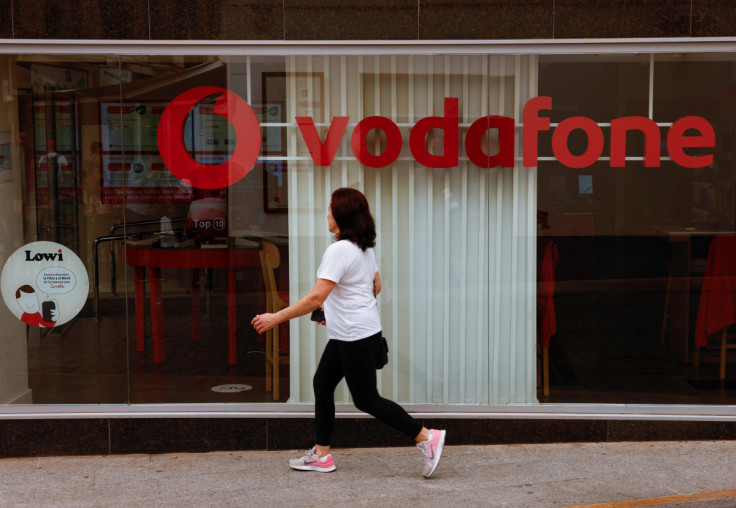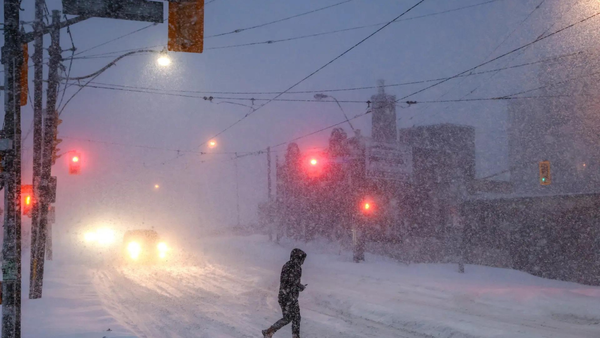
Virgin Media O2 is pressing ahead with the shutdown of its 3G network across the UK, in a move that will also affect customers of Giffgaff, Tesco Mobile and Sky Mobile. All three operators run on O2's infrastructure and will follow the same timetable.
The company aims to complete the nationwide switch-off by the end of 2025. While most users already rely on 4G or 5G-enabled devices and will see little change, those with older handsets could lose mobile data access unless they upgrade.
When 3G Will Be Switched Off
Virgin Media O2 has begun decommissioning 3G in stages. The process started in Durham in April 2025, followed by Norwich, Telford, Guildford and Torquay. The next major area is Watford, where 3G services are due to end on 17 September.
According to the company, 3G now accounts for less than two per cent of total network data. Usage has fallen sharply as customers have shifted to faster 4G and 5G connections. Other UK operators, including EE, Vodafone and Three, have announced similar timetables, making the nationwide phase-out of 3G a coordinated industry step.
Impact on Giffgaff, Tesco Mobile and Sky Mobile
Giffgaff, Tesco Mobile and Sky Mobile are mobile virtual network operators (MVNOs), meaning they run their services on O2's infrastructure. As a result, their customers will experience the same loss of 3G access as O2 users once the signal is withdrawn in their area.
The most immediate impact will be the loss of mobile data for anyone still using older, 3G-only devices. Without 4G or 5G capability, those users will no longer be able to access the internet outside of Wi-Fi zones. Voice and text services are expected to continue over 2G in some locations, but performance may be weaker and coverage less reliable.
For many customers, upgrading their devices will be unavoidable. Virgin Media O2 has said it is contacting affected users directly and offering support, including reduced-price or free handsets for vulnerable groups.

What Customers Should Do
Customers of Giffgaff, Tesco Mobile and Sky Mobile are advised to check whether their phones support 4G or 5G and have VoLTE (Voice over LTE), sometimes referred to as 4G calling, enabled. O2 provides online tools and guidance for checking compatibility.
Providers are also sending notices to those at risk of losing service. Customers are encouraged to respond promptly to upgrade offers and review whether their SIM cards or other connected devices, such as telecare alarms, still rely on 3G. Where necessary, replacements or updates should be arranged ahead of the switch-off.
Industry analysts suggest that customers should not delay. Upgrading sooner ensures continuity of service and avoids the risk of sudden disconnection. Once the 3G network is dismantled, it will not be restored.
The Shift Beyond 3G
The 3G phase-out marks the final stage in moving away from older mobile standards. Operators say shutting down outdated networks allows them to redirect spectrum and investment to 4G and 5G services, improving reliability and coverage.
For most users with modern smartphones, the change will go unnoticed. But for households with older devices that have not been upgraded in years, the effect could be significant. Without compatible handsets, mobile data access will disappear once 3G is switched off locally.






